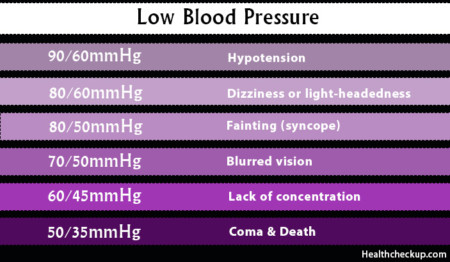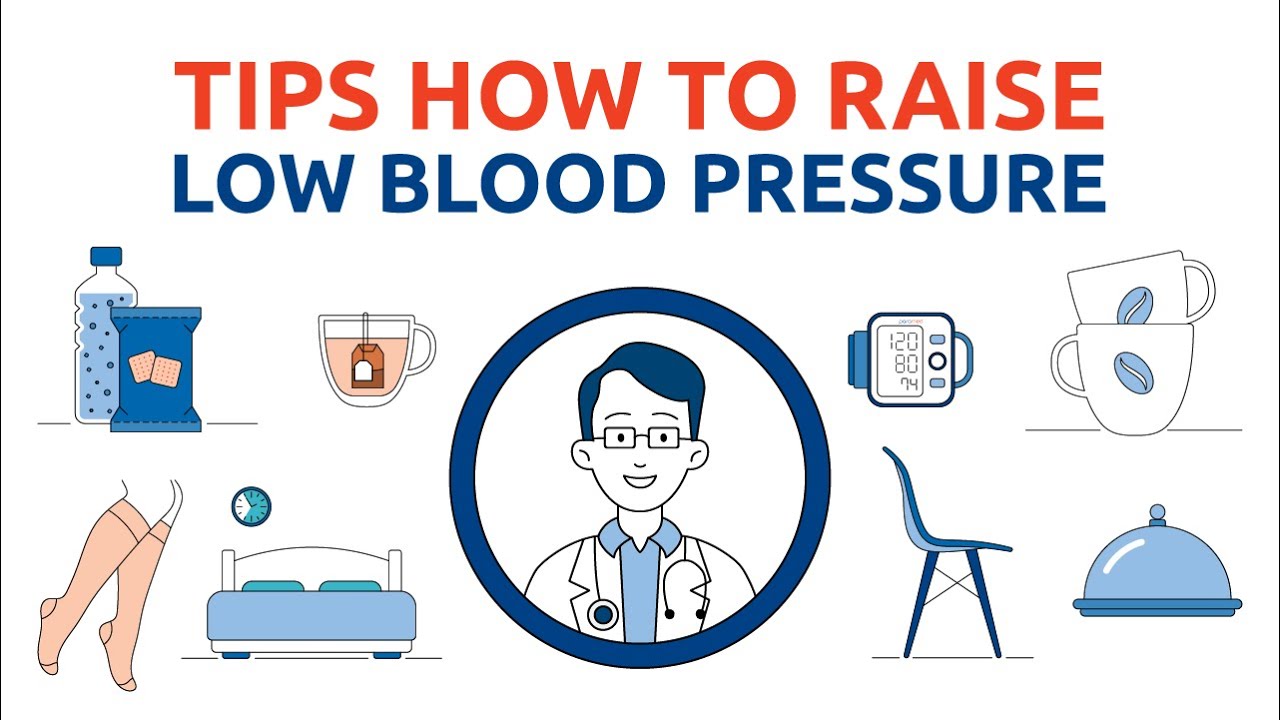
Many different factors can cause low blood pressure. Some people are born with this condition and experience a sudden drop in pressure, while others experience it as a symptom of another health problem. There are several body systems that regulate blood circulation, and the autonomic nervous system sends a signal to the heart that tells it to increase or lower the pressure. There are many different reasons why someone may experience low blood flow and need treatment.
There are several reasons why people experience low blood pressure, including cardiovascular conditions such as heart attack and failure, and some conditions that don't have anything to do with the neurological system. Among the most common causes are fluid loss, adrenal gland dysfunction, pregnancy, and sinus problems. Additionally, changes in the barometric pressure can also cause low blood pressure. While this is not a common symptom of low blood volume, it can be the cause of fatigue and sleepiness.
A common cause of low pressure is a bacterial or fungal infection that enters the blood. These infections can result in septicemia, which can lead to organ damage and death. Diverticulitis, pneumonia, and urinary tract infections are among the most common causes of low blood pressure. Anaphylaxis is another common cause of low pressure. Inflammatory reactions to certain medications, like penicillin, can also cause a severe drop in blood pressure.
Some medical conditions can lead to low blood pressure. For example, a fungal infection can enter the blood and cause septicemia, which can be life-threatening and cause the blood to thicken. In addition, anaphylactic shock and bacterial infections can lead to a severe drop in blood pressure. If the patient has any of these problems, it is important to seek medical attention right away. If the symptoms do not resolve themselves, it may be an indication of a larger health problem.
Other common causes of low blood pressure are heart problems. These conditions can lead to heart attacks and low blood pressure. In some cases, the heart suffers from a bacterial or fungal infection. In severe cases, blood pressure may drop sharply. This condition may be a symptom of another disease or an isolated symptom of a more serious disease. In some cases, a bacterial infection can also cause a significant drop in blood pressure.

Other causes of low blood pressure include heart disease, anaphylactic shock, and anaphylactic shock. These diseases can cause a person's blood pressure to drop, which can lead to death. Although low blood pressure may not cause anaphylactic shock, it can lead to heart problems, which can cause a high risk of stroke. Bacterial infection is another common cause of a sudden drop in blood pressure. If these conditions are present, it can be fatal.
The cause of low blood pressure can range from anaphylactic shock to heart problems. Inflammation can also cause low blood pressure. Inflammation can cause blood flow to slow down. Anaphylactic shock is caused by an anaphylactic reaction and can cause a sudden drop in blood pressure. Some of these conditions can cause a sharp drop in blood pressure. All of these conditions can lead to the loss of a loved one.
Other causes of low blood pressure can be caused by certain medications. Beta blockers, diabetes medications, and some heart conditions can cause low blood pressure. In severe cases, it can cause damage to the heart or brain. It is important to seek medical attention at DuyDam for any low blood pressure symptoms that may occur. Your doctor will be able to recommend medicine or treatment. If you experience any of these symptoms, you should contact your doctor. However, you may need to take a pill to control your blood pressure.
Another cause of low blood pressure is infection. A bacterial or fungal infection can enter the blood and cause a drop in blood pressure. They can damage heart tissue, leading to septicemia or a dangerous case of low blood pressure. Even a minor injury can also cause a sharp drop in blood pressure levels. All of these reasons can affect your life, so it is important to seek medical help if you experience any of them.